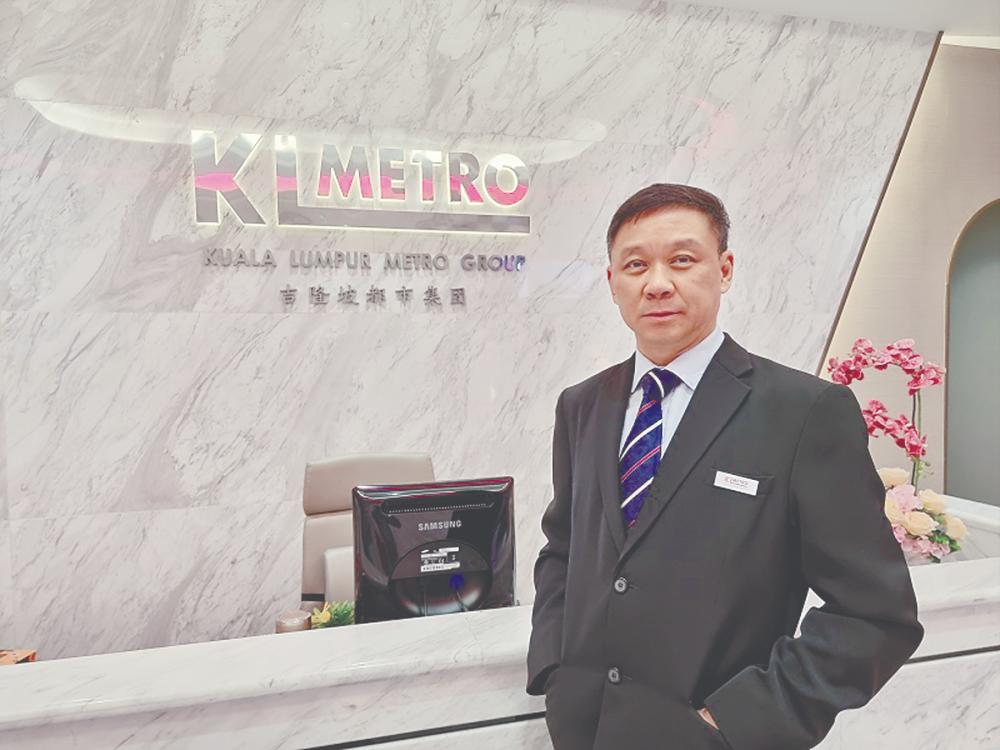KUALA LUMPUR: Malaysia’s role as the Asean Chair in 2025 positions the nation as a critical starting point within the regional bloc in promoting tourism.
KL Metro Group managing director Datuk Low Tak Fatt said the government has intensified efforts to diversify its tourism strategy, targeting a broader range of markets beyond traditional focus areas such as China and the Asia-Pacific.
He said Malaysia will stand out as a key destination in Asean, drawing interest from major markets such as China, India, the United States and Europe.
“The government’s recent initiatives have expanded to Central Asia, including Kazakhstan, Uzbekistan, Russia, India and the Gulf region, reflecting a strategic shift to attract a wider demographic of international tourists. Within Asean, Malaysia has also seen a rise in visitors from neighbouring countries such as Indonesia, Thailand, and Vietnam, driven by improving regional economies.
“These trends indicate sustained growth in tourist arrivals, not only in 2025 but also as Malaysia gears up for Visit Malaysia Year 2026. The government is expected to allocate significant resources to ensure the success of this campaign, solidifying the country’s position as a premier destination in the region,“ Low told SunBiz.
Low said the company’s confidence in the current government and Malaysia’s economy has driven its decision to launch two significant projects.
“Following the successful introduction of Lexus Hibiscus 2 in Port Dickson recently, we are set to launch Royal Lexis in Kuala Lumpur next year, a high-end commercial development similar to the existing Imperial Lexis, further expanding our footprint in tourism-related projects.
“Our efforts have attracted foreign buyers from 58 countries, underscoring the success of our international marketing strategy. Through strong partnerships with real estate agents across Hong Kong, Singapore, China, Taiwan, Macau, and the Middle East, we continue to build a global presence and expand Malaysia’s appeal as a prime investment destination, he said.
Foreign buyers make up almost 60% while local buyers make about 40%, he added.
Low iterated that the supply of hotels or resorts with private pools is limited, giving properties such as KL Metro Group’s Lexis Hibiscus and Lexis Hibiscus 2 projects a distinct advantage.
“A luxury product, such as a room with a private pool, naturally attracts more guests, setting us apart from other resorts. The private pool is undoubtedly a key selling point, and the bold and ambitious nature of the Lexis Hibiscus projects complements this. The development of Lexis Hibiscus and the upcoming Lexis Hibiscus 2 is a daring endeavour built above the sea on massive platforms.
“The water homes are unique, with very few resorts in Malaysia or the broader region offering such accommodations. Only the Maldives and Malaysia have water homes, as other Asian countries face natural challenges like earthquakes, volcanoes, and typhoons, making water home developments unsuitable.
“With the limited supply of water homes and strong demand from tourists, these distinctive features make our resorts an attractive destination, drawing visitors from around the world,“ he said.
Lexis Hibiscus has been generating solid revenue over the years from sustained foreign tourist arrivals and domestic travellers, Low said.
For context, he explained that with 1,710 rooms in Lexis Hibiscus and a 60% occupancy rate, the resort will have about 1,026 rooms occupied each night. “Assuming an average of three tourists per room, this results in about 3,078 tourists per night. Over a year, this totals around 1.1 million tourist arrivals. If each tourist spends RM800, the annual revenue generated would be approximately RM876 million,.”
Low said Port Dickson offers a significant advantage, particularly due to its proximity to Kuala Lumpur and Malacca and its appeal to tourists.
“Over the past 20 years, we have developed strong relationships with tour agents from across the Asia Pacific region, further enhancing our strategic position,“ he added.









